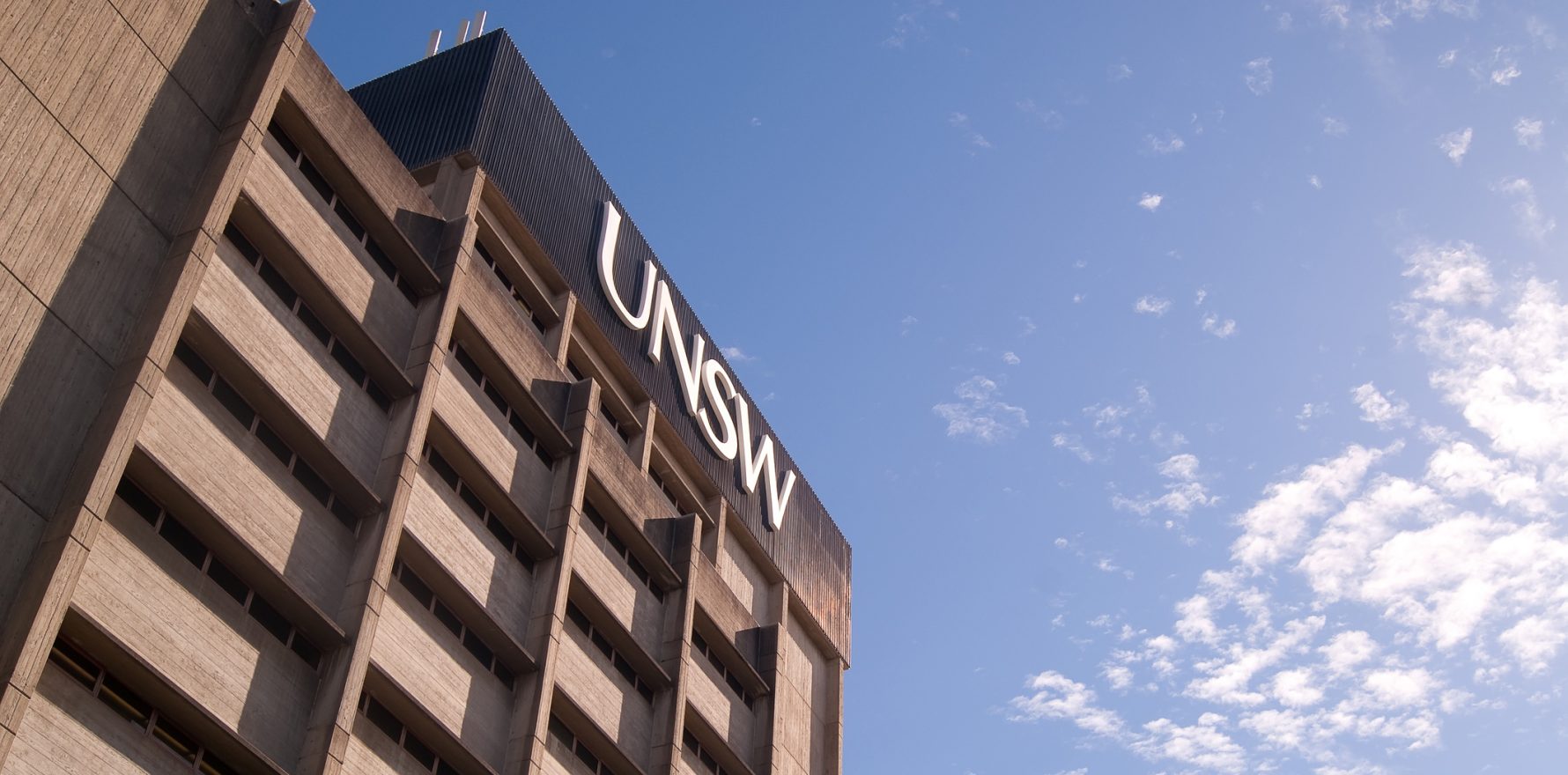The university’s Centre for Healthy Brain Ageing and other institutions will be probed by the ARIC over alleged image duplication.
UNSW will be investigated by the Australian Research Integrity Committee (ARIC) over its handling of allegations of research misconduct, more than two years after the university began its own investigation into the allegations.
The committee’s review will address the university’s handling of alleged research misconduct involving more than a dozen papers co-authored by scientists at its Centre for Healthy Brain Ageing (CHeBA) and several other institutions, first brought to light by independent research integrity experts in September 2021.
The experts identified several experimental images with signs of image duplication in the papers involved, including photos that appeared to have been stretched or flipped and images edited to represent different experimental results.
Soon after the allegations were brought to light, UNSW started its preliminary investigation, designed to determine whether the claims constituted breaches of the Australian Code for the Responsible Conduct of Research.
According to the ABC, this preliminary assessment is not set to be completed before March 2024.
A spokesperson for UNSW said the university was “eager” to see the matter resolved, however “additional resourcing” was required to tackle the complexity of the case.
“It is vital to the integrity of all investigations that they are conducted in full before a conclusion is reached,” they told theABC.
Macquarie University launched its own investigation into 12 articles co-authored by French neuroscientist Gilles J Guillemin, employed as a professor of neuroscience at the university until March this year.
According to a spokesperson for Macquarie, the university had completed the first stage of its investigation and had undertaken “corrective actions” to resolve the allegations that were substantiated, including requests to journals for retractions and institutional referrals for investigation.
“Several allegations were dismissed but in other instances, corrective actions were developed and are being implemented,” they said.
Two papers co-authored by Professor Guillemin have been retracted so far, with Professor Guillemin denying any wrongdoing regarding the alleged image anomalies in the publications.

